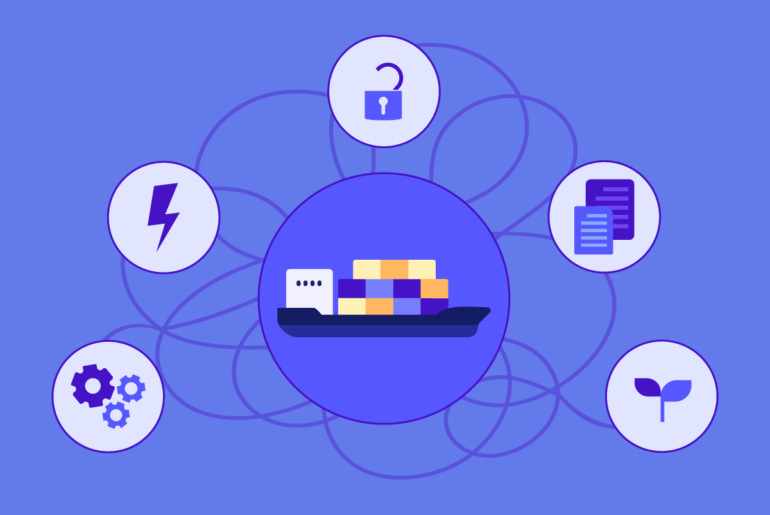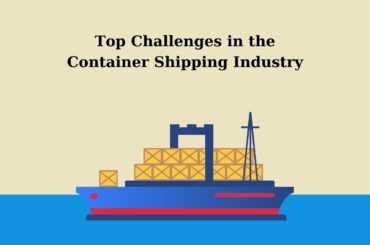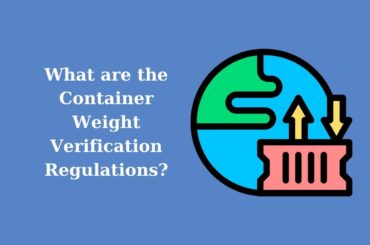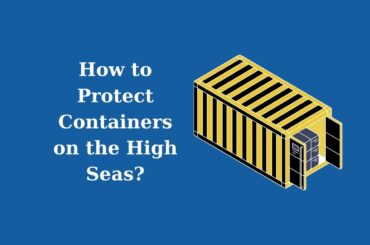The global container shipping industry facilitates international trade and connects economies and businesses. But like any complex system, it faces numerous obstacles that impact its efficiency and reliability. This blog post will look into these critical challenges faced by this particular field, providing insight into its intricacies and clarity regarding ensuring seamless shipments over the seas.
Infrastructure Bottlenecks
One of the most significant challenges facing the container shipping industry is infrastructure bottlenecks. Global trade has put immense strain on existing port facilities and transportation networks, leading to congestion and delays at ports, increased turnaround times, and additional costs due to inadequate infrastructure. Addressing such bottlenecks often requires significant investments in expanding or modernizing ports and transportation networks to accommodate the ever-increasing shipping industry demands.
Cybersecurity Vulnerabilities
As the shipping industry rapidly digitizes, cybersecurity vulnerabilities pose a growing threat. When shipping companies adopt cutting-edge technologies to streamline operations, they become susceptible to cyber attacks that disrupt communication, compromise sensitive data, or even stop deliveries altogether. Safeguarding its digital infrastructure is crucial to maintaining the integrity of shipment processes and ensuring secure data flow along supply chains.
Regulatory Compliance Challenges
Navigating the maze of international regulations poses a considerable challenge to the container shipping industry. Meeting these diverse and ever-evolving regulations related to customs, environmental standards, and safety protocols requires extreme diligence; failure to do so could result in delays, fines, or reputational harm – industry stakeholders must stay abreast of regulatory updates while creating efficient compliance management systems to navigate this tricky terrain.

Environmental Sustainability Pressures
As global awareness of environmental issues increases, the container shipping industry faces growing pressure to adopt sustainable practices. Relying on fossil fuels for powering vessels increases carbon emissions and pollution, so finding eco-friendly technologies such as green fuels or energy efficiency solutions must become part of its eco-friendly initiatives to meet environmental goals while remaining economically feasible. Finding solutions that balance economic efficiency with ecological goals remains a delicate balancing act that necessitates ingenious solutions to minimize its environmental footprint.
Supply Chain Disruptions
The container shipping industry is intricately interlinked with global supply chains, making it highly susceptible to disruption. Also, it included challenges in the container shipping industry. Natural disasters, geopolitical tensions, or unexpected pandemics can severely affect goods movement. Therefore, developing resilient supply chain strategies, diversifying transportation routes, and adopting digital monitoring tools are essential to mitigating unexpected shipment disruptions.
The container shipping industry remains at the core of global trade yet faces several complex obstacles. Tackling these challenges requires collaborative action among industry stakeholders, governments, and technology providers to foster innovation and continuously enhance the shipment process within an ever-evolving landscape of international commerce.





